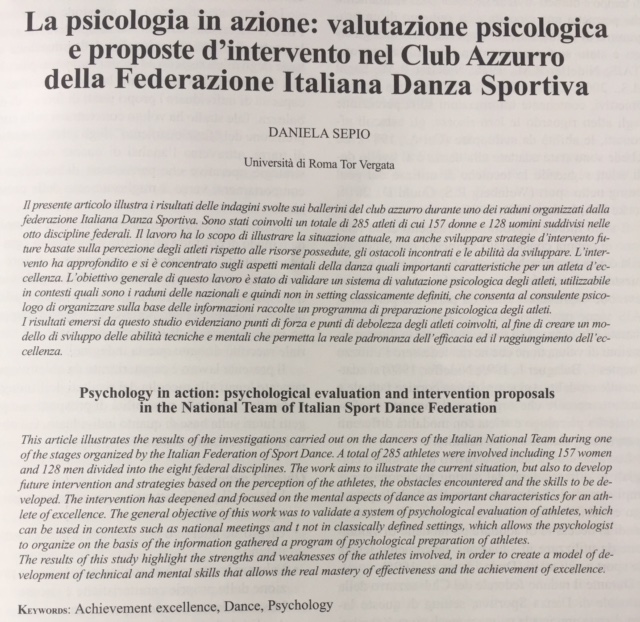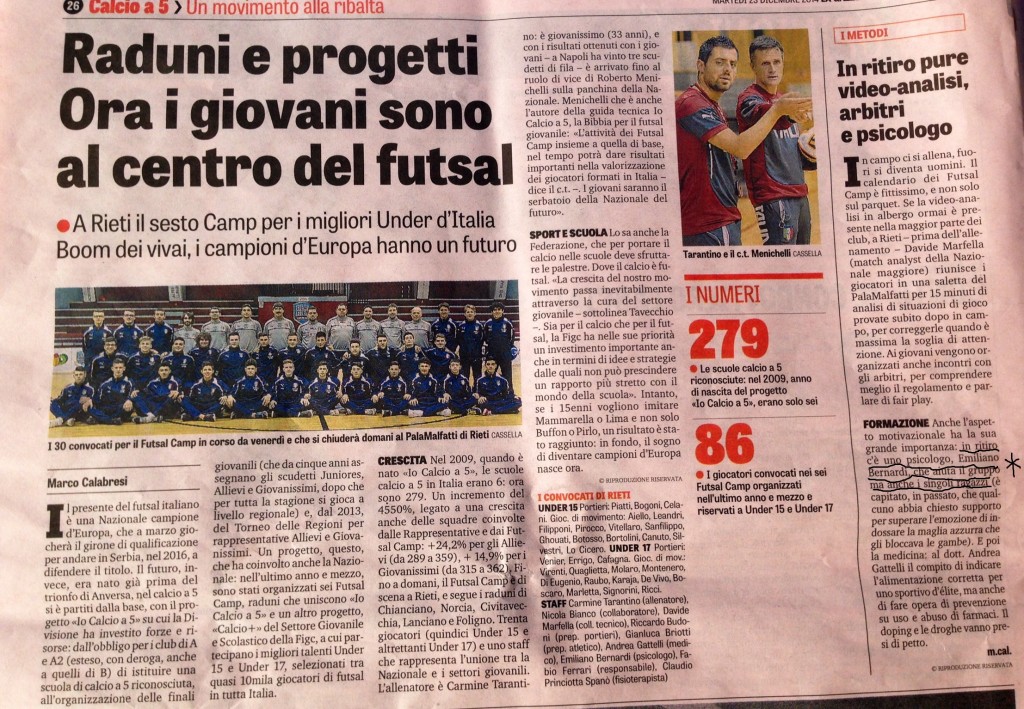If on the day the final of a tournament played against the all-time opponents, Argentina, the analysis of the Italian national soccer team’s patita is presented on page 8 of Gazzetta dello Sport it means something very negative. The heroes of Wembley, as they are still rhetorically called, are no longer such but have been reduced to the role of sparring partners. On the contrary, the theme dominating the Gazzetta today is the purchase of Milan by a U.S. fund. It is true that the newspaper sells widely in Milan and this justifies the 7 pages on Milan. On the other hand, this enthusiasm is also demonstrated by the 250% increase in sales at the Milan store.
In an era when what matters is winning, it seems consistent to me that a team that loses too often like Italy does not arouse interest, not least because the most important players (Donnarumma, Jorginho, and Verratti) do not play for Italian teams and almost no one plays for the top four teams in Serie A. Another good reason for fans not to be passionate about a team in which they do not recognize players from their teams.
Also, I wonder what interest foreign funds and owners have in developing young players through youth activities, when their primary interest is to build a stadium they own (only 7 % of stadiums are not reported to be publicly owned). They also come from an American culture where it is colleges and universities that train young athletes who will then play in professional clubs.
It seems to me that with the entry of these new owners our soccer sports model is changing at great speed, and that is not necessarily a bad thing. I would like to know from those within these new paths what the interest and goals are for youth activity.
The reason is obviously economic. In fact, if there are 833,000 registered players in youth activity, corresponding to about 20 percent of the Italian male population between the ages of 5 and 16 is registered with the Federcalcio, how is it ever possible that we are not training absolute level players? The reason is economic since training a young footballer is very expensive and requires a commitment of years, the shortcut is to take one left without a contract in his home country who will go to play in the spring team, where they have currently become 33%.






